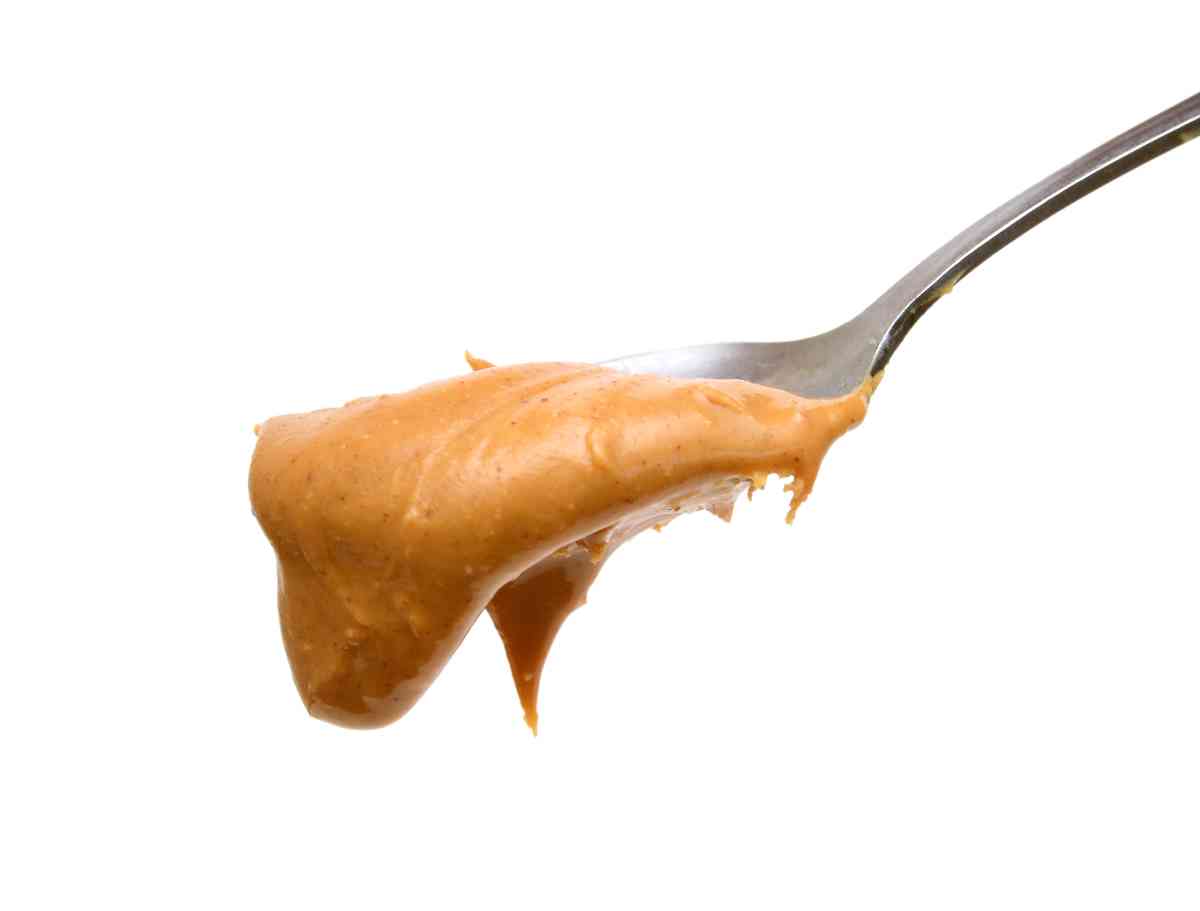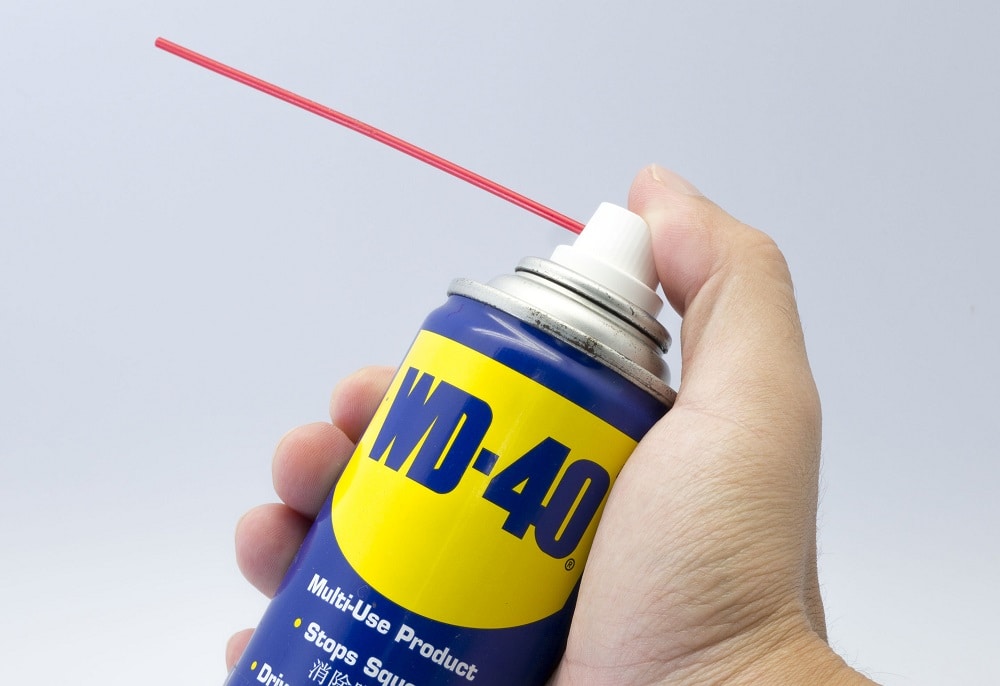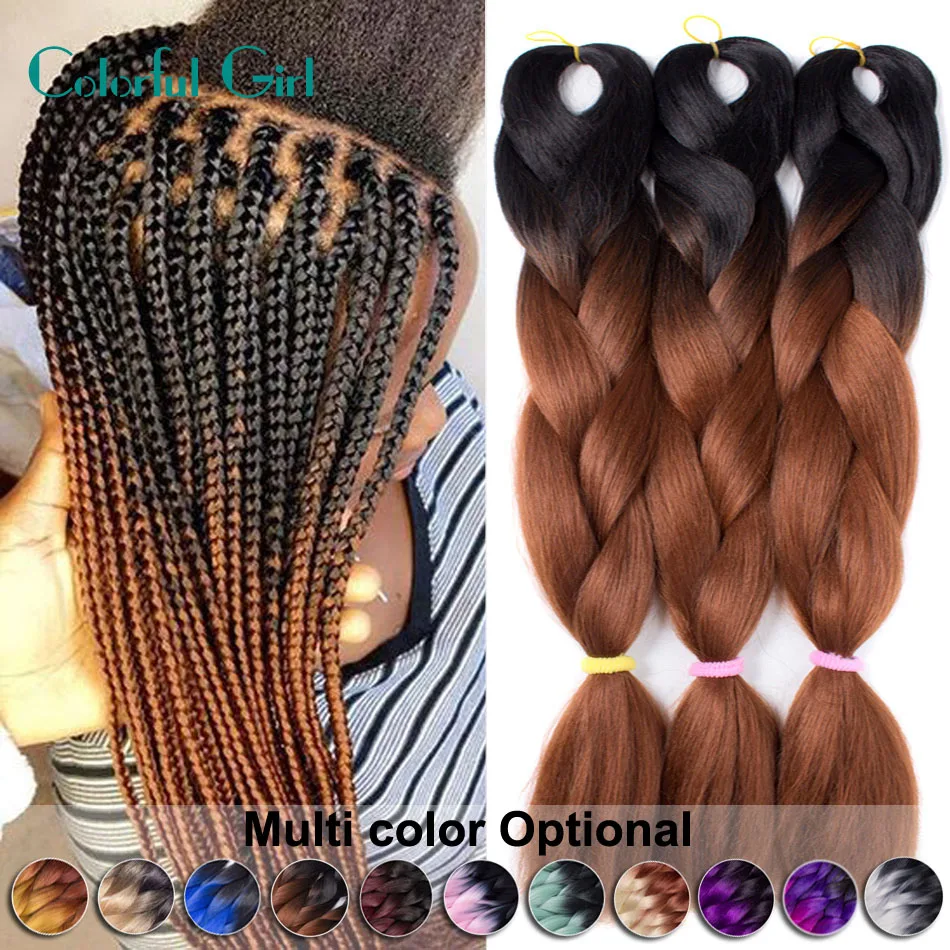Table Of Content

At any given moment, each hair on your head is at a different point of that cycle. Hair loss can also be a sign of trauma – like pulling and yanking a brush through it or constantly wearing a tight ponytail. If you can, try to leave your hair down as much as possible, avoid touching it too much and don’t use rubber hair ties. Here she discusses routine hair shedding and when to suspect it’s something more serious. Hannah Frye is the Assistant Beauty Editor at mindbodygreen. In journalism and a minor in women’s, gender, and queer studies from California Polytechnic State University, San Luis Obispo.
Don't Miss This Rare Sale On My Favorite Product For Supple Skin & Healthier Hair
Use a mild shampoo, consider products with ingredients like minoxidil, and consult a dermatologist for personalized advice. Identifying the cause allows for targeted treatments to reduce and manage shedding effectively. Hereditary hair loss can wreak havoc on your hair growth, and it could be the reason why you lose strands fast. Female pattern baldness can affect women of any age but is more common after menopause. Hereditary hair loss in males is more common and can be very obvious.
What? Another medical form to fill out?
Along with that add vitamin C like oranges peppers and tomatoes which will increase collagen production in your hair follicles. Excessive washing, bleaching, brushing, and heat styling can also have an impact on how much of your hair falls out every day. Once your hair follicle has been stretched or split as a result of a cosmetic hair treatment, the structure of the hair follicle is compromised. It can show up if you wear tight braids or ponytails every day or regularly wear hair extensions or weaves. These styles tug on the hair roots, damaging the hair follicles over time. However, you can experience an increase in hair shedding for various reasons.
Hair Thinning Causes In Women - Women's Health
Hair Thinning Causes In Women.
Posted: Fri, 08 Mar 2024 08:00:00 GMT [source]
How to deal with hair loss?
It is important to be as gentle as you possibly can when caring for your hair. It's a good idea to lay off heat exposure and hot tools for a while, as well as any color processing and bleach treatments. Anyone who notices that they are losing much more hair than they usually do should see their doctor to help determine the underlying cause.
What are the signs of hair loss in women?
They are not medicines and are not intended to treat, diagnose, mitigate, prevent, or cure diseases. Be cautious about taking dietary supplements if you are pregnant or nursing. Also, be careful about giving supplements to a child, unless recommended by their healthcare provider.
The unexpected sight of a brush, pillow, or drain full of hair can be jarring. It may even prompt you to wonder how much hair loss is normal. The good news is that everyone with long enough hair is bound to spot some strands in those common catchall spots, but there is a point when shedding can become abnormal.
Happy scalp, happy hair
It goes without saying that excessive heat and chemical treatments aren’t a good idea, but try and opt for protective hairstyles too. “Opt for hairstyles that minimize tension on the hair follicles, such as loose braids, buns or ponytails,” advises Gaboardi. “Avoid tight hairstyles and hair accessories that pull on the hair and handle your hair with care to minimise breakage and damage. Traction alopecia is the result of environmental factors, such as wearing your hair in tight hairstyles, Agbai says. Telogen effluvium refers to the excessive shedding of hair follicles, and it occurs when hair follicles prematurely skip to the end of the hair growth cycle, she adds. But if you’re worried about clumps of hair in your hairbrush or in the shower drain, talk to your doctor.
28 best hair growth products for thinning hair - TODAY
28 best hair growth products for thinning hair.
Posted: Thu, 04 Apr 2024 07:00:00 GMT [source]
Reducing stress, maintaining good hygiene, and eating a balanced diet can all help prevent excessive shedding. When you wash your hair thoroughly in the shower, hairs that are already loose or disconnected from your scalp congregate near the drain. While it might look like a lot, you’re probably seeing normal hair shedding. Alopecia areata is the medical term for hair loss and refers to a complex condition that can trigger slow-progressing hair shedding and patchy hair loss. If your gradual hair thinning is becoming very noticeable, always check in with a doctor to get a second opinion.

When your scalp is healthy, your follicles will hold onto strands of hair and this will lead to less hair shedding. If you have dandruff or other scalp conditions this may also cause hair shedding, a quick fix is using a dandruff shampoo to keep the scalp moisturized. Keeping your hair moisturized during the wintertime especially is important because of the seasonal changes in hair shedding. Try using a deep conditioning hair mask or even hair oils to give your hair some extra love during the cooler temperatures.
Telogen effluvium is temporary, but you'll likely notice more hairs falling out than usual. Sleep deprivation, stress, a poor diet and more might cause you to lose hair, but it's most often temporary and will resolve over a period of time. If any of these symptoms are present, it is recommended to reach out to a healthcare provider who can assess your condition and provide appropriate diagnosis and treatment options. Seeking medical attention in such cases can help identify any underlying causes or medical conditions contributing to hair loss and ensure timely intervention. The anagen phase is the active growth phase of hair follicles.
Using these tools often will cause your hair shaft to become dry and damaged to the point of breakage. It’s important to talk to your healthcare provider before starting any form of treatment for hair loss. Some types of treatment aren’t safe to use if you’re pregnant, planning on becoming pregnant or going through menopause. Let's get this out of the context that hair shedding is normal. However, when you start to notice hair normal and resulting in clogging your bathroom drainage or hair wrapped around the brush even after a gentle swipe.
You might be able to prevent some hair loss by eating nutritious foods that provide necessary nutrients (like vitamins, minerals and protein) or adding vitamins to your daily routine. Other than your normal hair growth and shedding of your hair there are causes that can trigger extreme hair shedding or hair loss. Poor nutrition, stress, vitamin deficiency, drinking or smoking could be a collective cause. Start with a small area of clean, dry hair, and run your fingers through it, tugging gently once you get to the ends of your hair strands.
You can include a whole food region of Omega 3 fatty acids like salmon or chia seeds or try fish oil supplements. It's no life that getting in whole 8 hours of sleep is important. It helps in regulating you are sleep cycle melatonin which has a direct impact on promoting your hair growth. This could be due to a few underlying causes and it's important to address those causes.
Usually you can trace the stressful event back to about three months before the hair shedding started happening. Experience a job loss, a fight with a friend, a bad breakup? These might all be reasons why you’re experiencing hair shedding a few months later. See a dermatologist or other healthcare provider if you experience an abrupt increase in hair shedding or if you're worried about hair loss.
These changes happen due to varying levels of hormones during menopause. If you are not able to get proper sleep your levels of stress increase leading to decreased hair growth and also increasing the oil production in your scalp. Genetics could be the primary cause for hair fall but many people commonly experience here shedding all thanks to stress and lack of nutrition like vitamin A, D and zinc.
While it is easier said than done, keeping stress levels at a low will work wonders for your health and your hair. Hair shedding is not the same as permanent hair loss, which leads to the gradual thinning of the hair or a receding hairline. The authors of a more recent study from 2019 claim that 40% of women experience excessive hair shedding when shampooing their hair. To deal with hair shedding start by figuring out the root of the issue. Is your hair shedding normal or is it a more serious hair loss issue.












